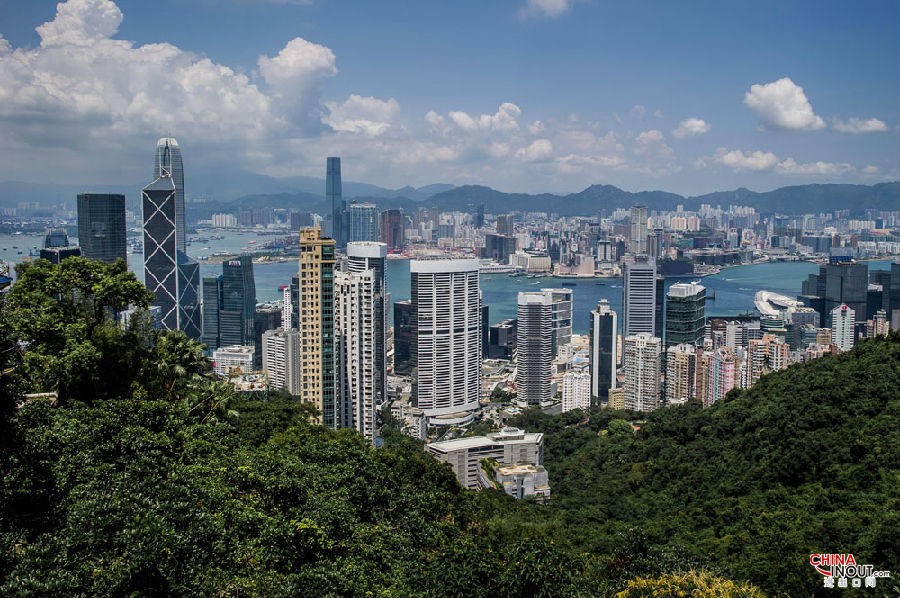全球幾個最大的新興經(jīng)濟體也許面臨著從經(jīng)濟增長放緩到腐敗丑聞、從貿(mào)易制裁到外國投資者不滿的種種問題,,但這并未阻止世界銀行(World Bank)宣告它們正成為更好的營商地點,。
俄羅斯、中國,、印度和巴西都得到了世行昨日發(fā)布的《營商環(huán)境報告》(Doing Business)的信心投票,,在該行經(jīng)常引起爭議的年度榜單上排名小幅上升,這在一定程度上得益于排名評估方法的變化,。
深陷經(jīng)濟衰退,、同時因插手烏克蘭事務(wù)而受到國際制裁的俄羅斯,從第62位升至第51位,,領(lǐng)先于希臘和盧森堡等歐盟經(jīng)濟體,,而且與比利時和意大利等其他歐盟經(jīng)濟體相差不遠。
中國的排名升幅小一些,,上升六位,,在189個經(jīng)濟體中排名第84位。近年在華外資企業(yè)對于他們眼中有利于本土企業(yè)的政策越來越不滿,。
印度被排在第130位,,比去年上升12位。該國總理納倫德拉·莫迪(Narendra Modi)已將提升營商環(huán)境排名列為他的政府的一個目標,。
巴西的排名上升四位,,至第116位。該國經(jīng)濟已陷入衰退,,政府正因一場腐敗丑聞而搖搖欲墜,。
排名下降的唯一金磚經(jīng)濟體是南非,其排名下滑30位,,至第73位,。
今年的排名變動凸顯了批評者眼中的營商環(huán)境排名的核心問題。這項評比關(guān)注的標準是需要多長時間開張企業(yè),、電力可獲得性以及解決商業(yè)糾紛所需時間等等,。但它不衡量腐敗和保護主義之類,,而且在很多方面有利于能夠快速出臺法規(guī)的威權(quán)政權(quán)。
The world's biggest emerging economies may face problems ranging from slowing growth to corruption scandals, trade sanctions and grumbling foreign investors, but that has not stopped the World Bank from declaring they are becoming better places to do business.
Russia, China, India and Brazil were given a vote of confidence in the World Bank's "Doing Business" report yesterday, creeping up the bank's often controversial annual rankings, in part thanks to a change in methodology.

Russia, in the midst of a recession and facing international sanctions thanks to its interventions in Ukraine, has moved from 62nd to 51st place, ahead of EU economies such as Greece and Luxembourg, and within spitting distance of others such as Belgium and Italy.
China, wher foreign businesses have grown increasingly dissatisfied in recent years about policies they see as favouring domestic companies, gained a more modest six places to rank 84th among the 189 economies listed.
India, whose prime minister, Narendra Modi, has made moving up the rankings a goal for his government, came 130th — up 12 places on last year.
Brazil, wher the economy has slipped into recession and the government is teetering thanks to a corruption scandal, gained four places to 116th.
The lone Brics economy going down in the rankings was South Africa, which lost 30 places to finish 73rd.
This year's moves highlight what critics have long seen as a central problem of the Doing Business rankings. The exercise is focused on metrics such as the time it takes to open a business, the availability of electricity and speed with which commercial disputes can be resolved. But it stays away from measures of corruption and protectionism, for example, and in many ways favours authoritarian regimes that can pass regulations quickly.











